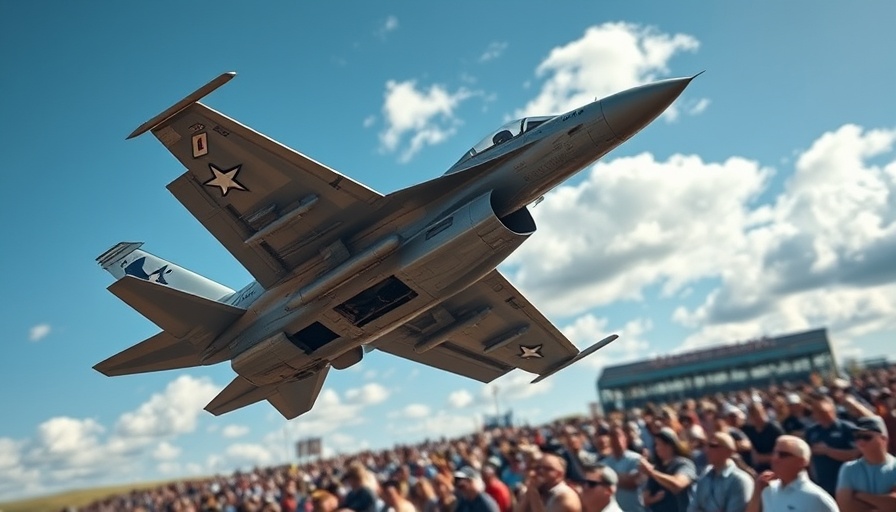
The Impact of U.S. Intel Restrictions on Ukraine's Defence Strategy
The recent decision by the U.S. administration to halt intelligence-sharing with Ukraine has raised significant concerns regarding the effectiveness of Ukrainian artillery operations, particularly its High-Mobility Artillery Rocket Systems (HIMARS). Once heavily reliant on U.S. intelligence to conduct long-range attacks, the Ukrainian forces now face a strategic disadvantage as they attempt to engage targets over 40 miles away without critical support.
Understanding HIMARS and Its Importance
The HIMARS system, known for its precision and capability to deliver multiple rocket salvos, has proven essential in Ukraine's ongoing conflict. The layered intelligence that accompanied HIMARS strikes enabled Ukrainian forces to pinpoint and neutralize Russian positions effectively. The sudden cutoff means that Ukrainian units must now rely more on their own limited drone capabilities and European partners’ resources, such as satellite data, to gather the necessary targeting information.
Challenges Ahead: Adapting Without U.S. Support
While some may argue that Ukraine can manage independently, the reality is that without the sophisticated U.S. intel, the accuracy and reach of HIMARS are jeopardized. The hesitance of Ukraine to significantly reduce their operational impact marks a critical moment in the conflict. The intelligence reliance has been interwoven into their strategy, contributing to successful strikes in the past, like the one conducted near Pokrovsk.
The Road Forward: European Allies to the Rescue?
Despite the challenges posed by the U.S. decision, Ukraine may turn to its European allies who possess similar satellite capabilities, albeit less extensive than those of the U.S. This pivot could potentially help mitigate operational impacts, but the transition won't be seamless. Ukrainian forces will need to adapt quickly, making it essential to explore alternative intelligence avenues to replace what has been lost.
The Larger Geopolitical Implications
The decision to block intel also highlights the shifting dynamics of international partnerships. As U.S. policy evolves, Ukraine's ability to counter Russian aggression may increasingly rely on forging new alliances and strengthening existing partnerships within Europe. The outcome may redefine military collaboration in the region, influencing how intelligence and support are structured in future conflicts.
For Ukraine, the challenge will be not just to adapt its military strategies, but also to ensure that the lessons learned from this abrupt intel interruption inform future defense policies and international relations.
 Add Row
Add Row  Add
Add 




Write A Comment